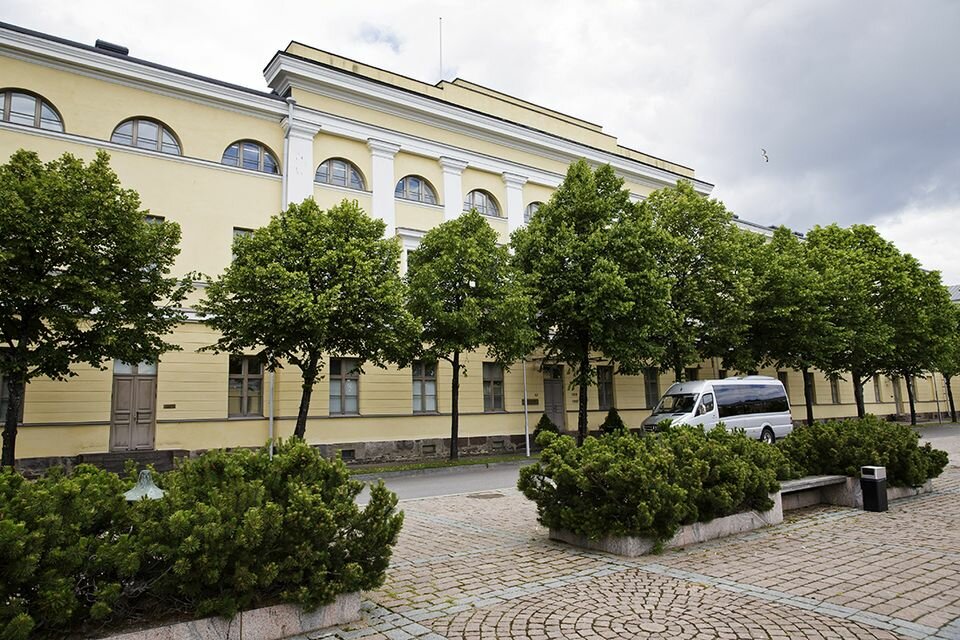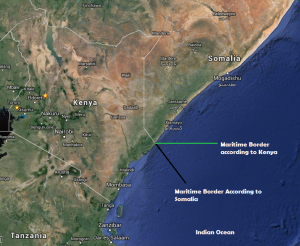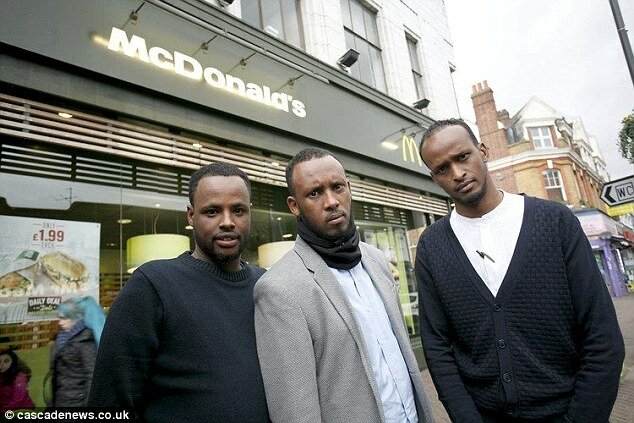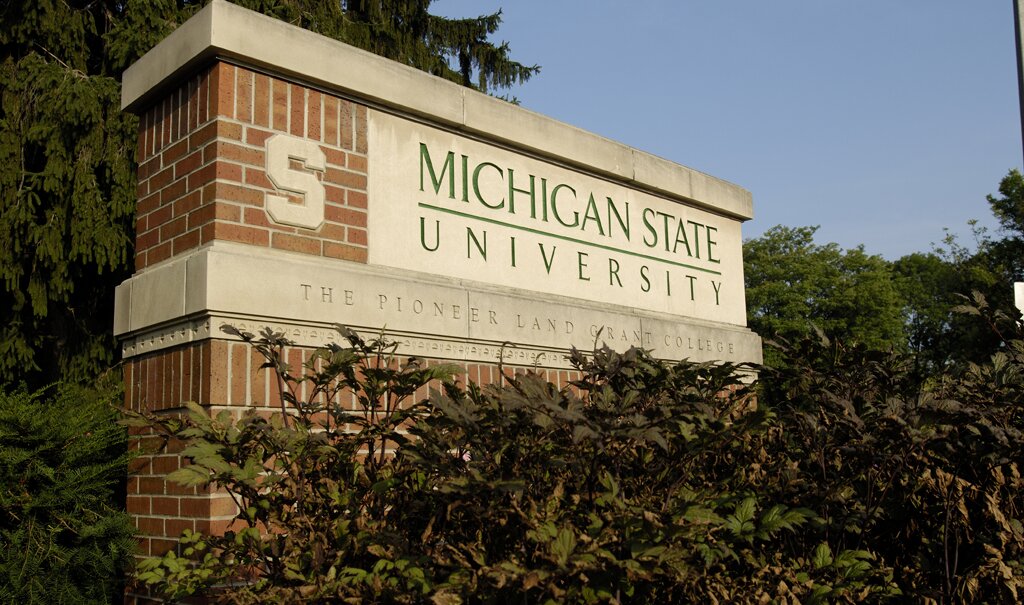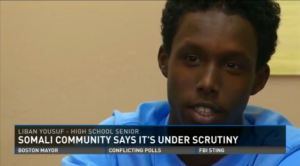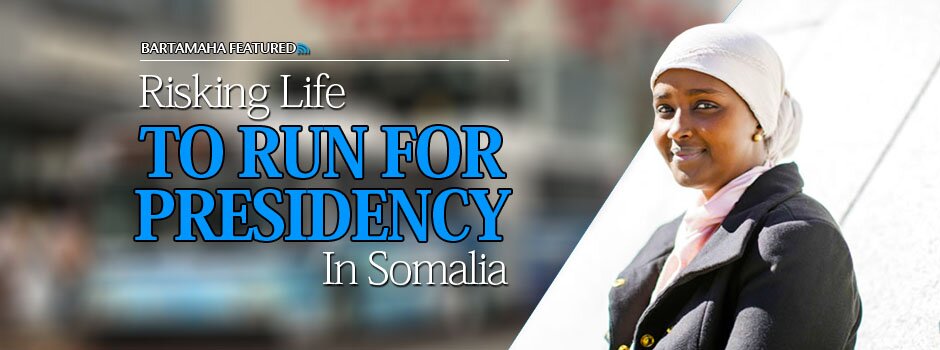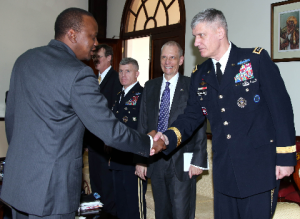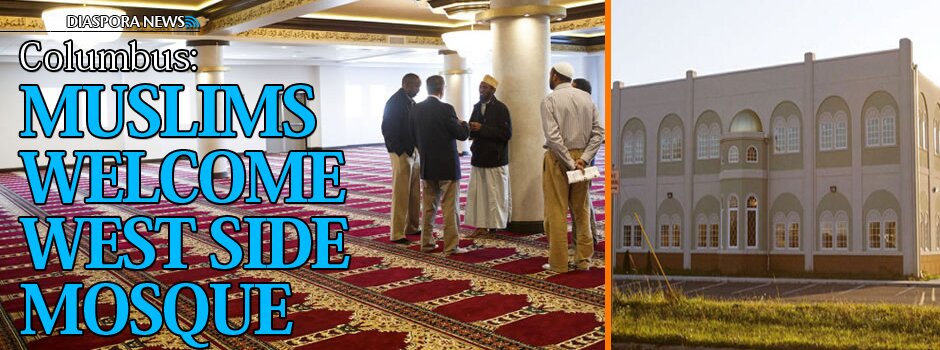Emerging communities: Somali families learn to assimilate
For refugees, the basic survival needs come first: food, clothing, shelter. Then there are the services that help them to start their assimilation into a new culture: English lessons, education, job training.
But for certain groups, there are other issues that might not immediately come to mind, like the mental and emotional scarring that comes from living in a nation that has been at war with itself for 23 years.
“All these families are coming, and their mental health is really difficult,” said Sharon Silvio, director of the English language classes for the Somali Community of Western New York. “They’ve seen so many killings, so many terrible things that have happened. Even the children have.”
Somali families, desperate to escape their war-torn country, started coming to the Rochester area close to 20 years ago. Having your family selected to emigrate from the thousands who reside in Somali refugee camps is “like winning the lottery,” said Ismail Aynanshe, president of SCWNY. But Silvio said that, when she worked as a teacher at School 5, her Somali students tended to struggle more than those of other refugees. She suspects that the tough upbringing has something to do with it.
“It’s just overwhelming for the families,” she said. “There’s nothing that isn’t difficult.”
But with the strife ongoing, several dozen families continue to trickle in to Rochester each year. As the community grows, Somalis from other areas of the country also make the trip to Rochester to be closer to their families. There are now approximately 2,000 Somalis in the region, said Aynanshe.
Most families start their lives here in northwest Rochester, where apartments are the most affordable. Some, like Aynanshe, have been here for many years and have mastered the language, allowing them to provide support to the newer families.
SCWNY formed several years ago with the initial goal of providing a senior center for older Somali residents who were having trouble assimilating to the new culture. But it quickly transformed into a resource for Somalis of all ages, as well as other refugees — Aynanshe said that SCWNY might provide more services to non-Somalis than Somalis.
“We help with case management,” said Aynanshe, who now lives in Chili with his family and works at Sentry Safe. “When they need to get to an appointment, or if their cases get closed with the (department of social services), we make a call for them.”
For the time being, SCWNY itself is looking for a home. Last month, the office they used at the Charles Settlement House flooded, and the group was forced to move out. They’ve found a temporary home at Mary’s Place, a refugee center on Lexington Avenue that also caters to a large group of Bhutanese refugees.
Aynanshe said the all-volunteer group needs more help, especially with teaching. There are currently close to 50 people taking their English classes, but many are at wildly different levels.
SDOBBIN@DemocratandChronicle.com
http://twitter.com/Sean_Dobbin
Comments
comments
 Calendar
Calendar











